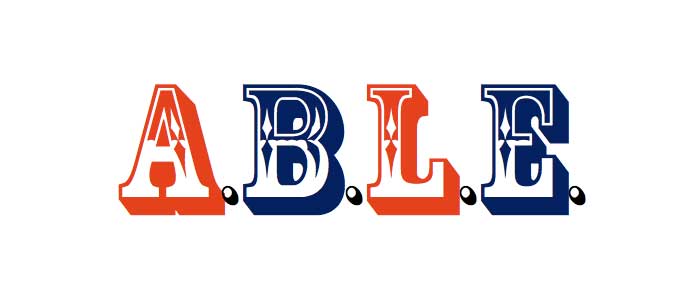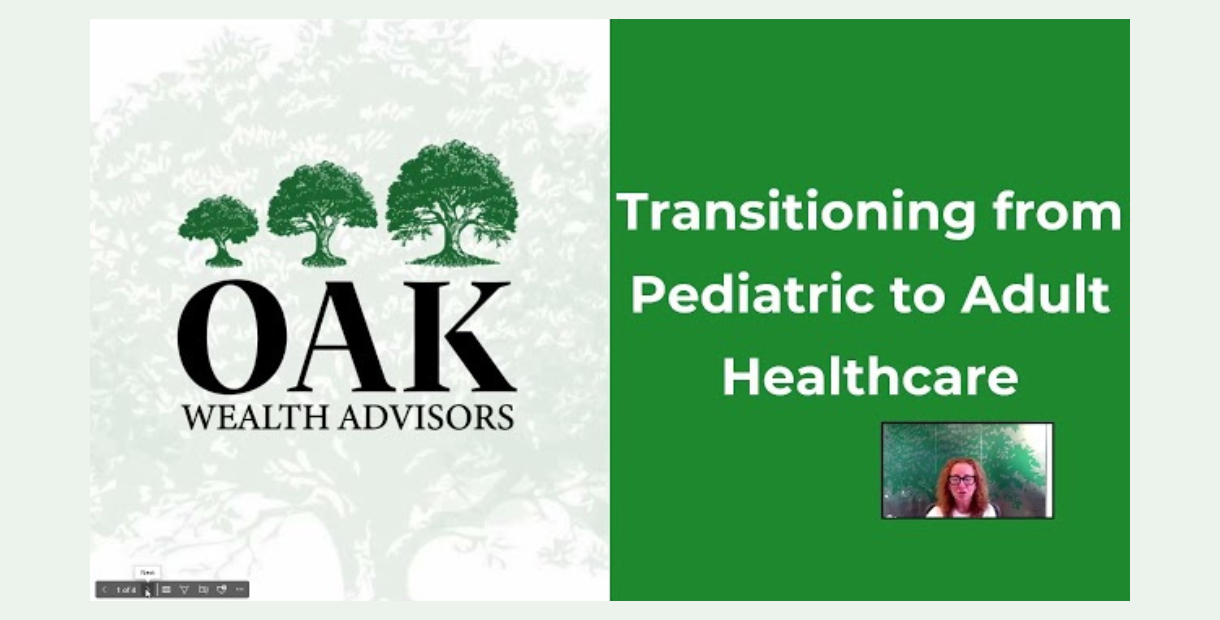![]() Six months after Congress authorized ABLE Accounts as tax-free savings accounts for individuals with special needs, the Internal Revenue Service has issued proposed regulations on how the accounts should be implemented and managed. The proposed regulations outline the requirements the states must meet to offer the accounts as well as eligibility and reporting rules for individuals who wish to open an account.
Six months after Congress authorized ABLE Accounts as tax-free savings accounts for individuals with special needs, the Internal Revenue Service has issued proposed regulations on how the accounts should be implemented and managed. The proposed regulations outline the requirements the states must meet to offer the accounts as well as eligibility and reporting rules for individuals who wish to open an account.
The proposed regulations can be found at:
https://www.federalregister.gov/articles/2015/06/22/2015-15280/guidance-under-section-529a-qualified-able-programs. Over the next 90 days (through 9/22/2015), the IRS will be accepting public comments before issuing final regulations. If you wish to post your comment, you can do so at the website above by clicking on the green “submit a formal comment” button.
In general, the proposed regulations are lenient with respect to what the monies accumulated in an ABLE Account can be used to purchase. They include education, housing, transportation and other expenses which have not yet been specified. The IRS intends to broadly define the approved expenses as long as they are for the sole benefit of the disabled individual. Therefore, almost any expense that improves the quality of life for an individual with special needs may qualify.
The core components of the ABLE ACT remain as follows:
- The age by which the disability diagnosis must be received is 26.
- There is a limit of one ABLE Account per person.
- The annual contribution limit is $14,000 per year (to be indexed in future years) from all donors.
Distribution reporting paperwork will need to be filed with the state agency overseeing the ABLE Accounts every time a distribution is made. This should encourage families to use the accounts more as savings vehicles for major expenses and less as checking accounts for routine expenses. Additionally, an annual Form 5498-QA will need to be filed following any year in which a contribution is made and a Form 1099-QA will need to be filed following any year in which a distribution is made. The proposed reporting requirements are different but not necessarily more burdensome than the reporting required for a Supplemental Needs Trust.
The ABLE Act has been enacted in approximately half the states in the country. It appears that it will be year-end 2015 or early 2016 before any ABLE Accounts will be able to be opened as all states will likely wait until final regulations have been issued before offering the ABLE Accounts to the public.
The proposed regulations have done nothing to change our opinion that ABLE Accounts can be another planning option for families with children with special needs. We look forward to the regulations being finalized and the individual state plans being rolled out.
The post ABLE ACT: Mid-Year Update appeared first on Oak Wealth Advisors, LLC.





